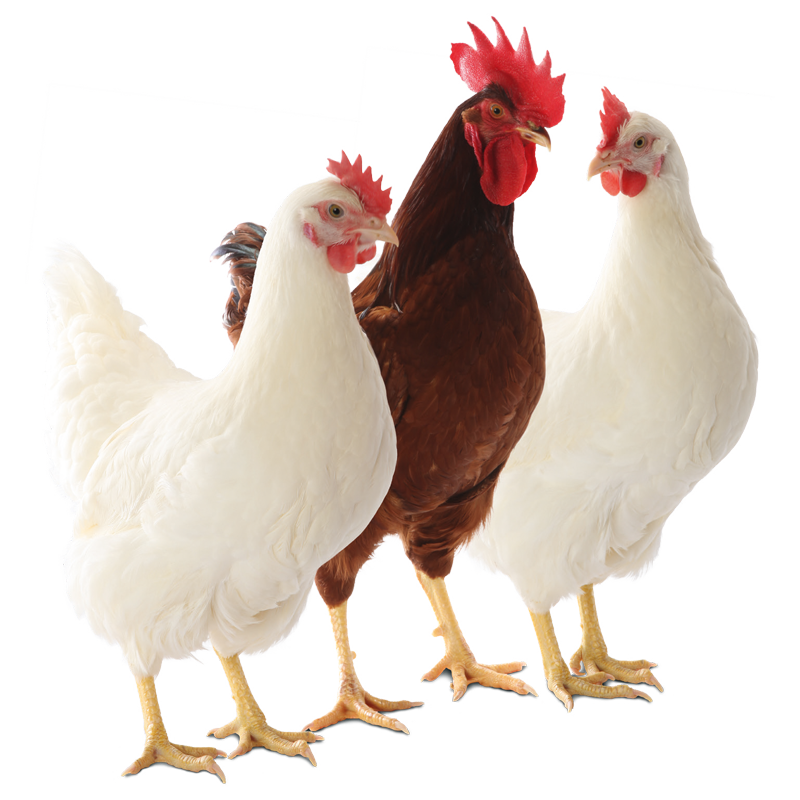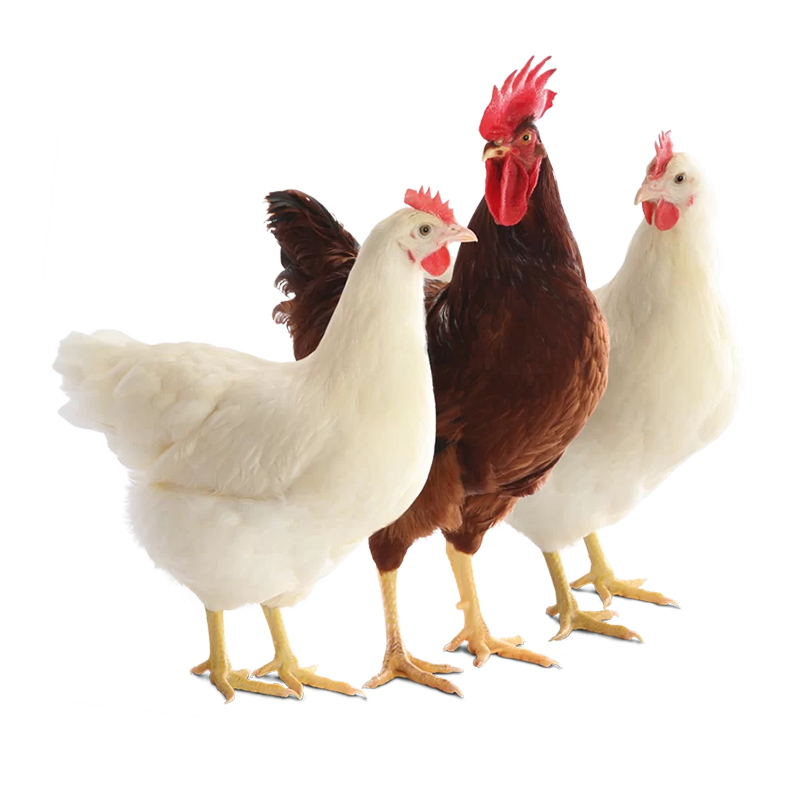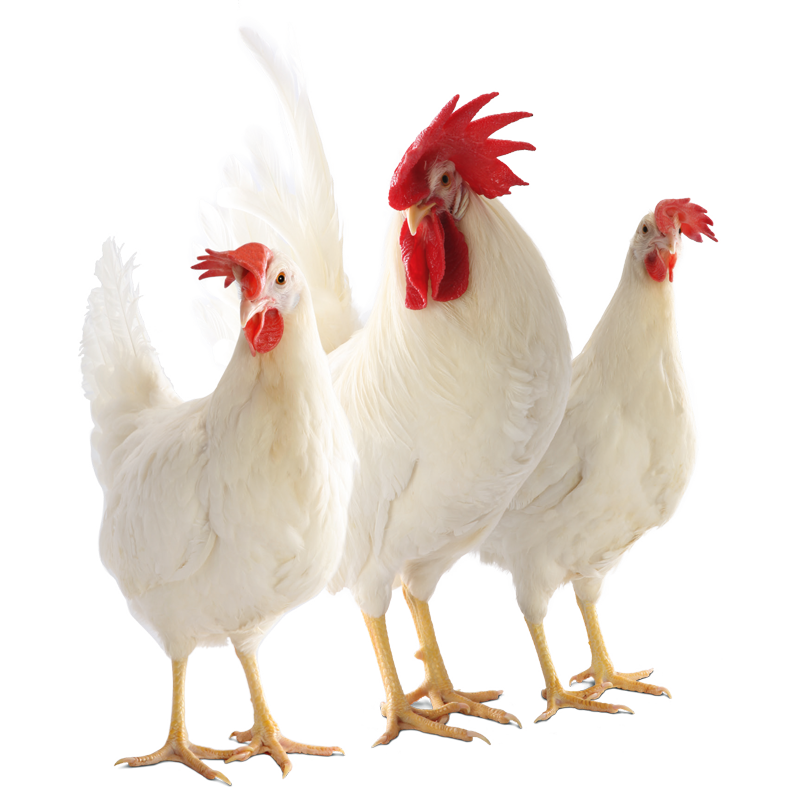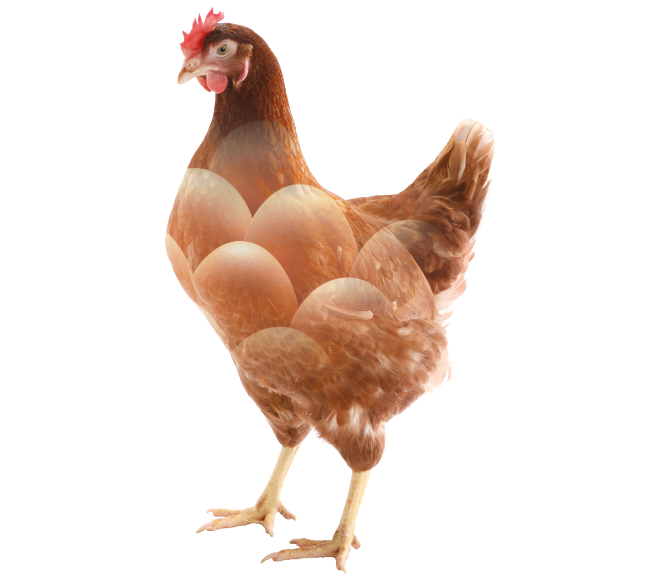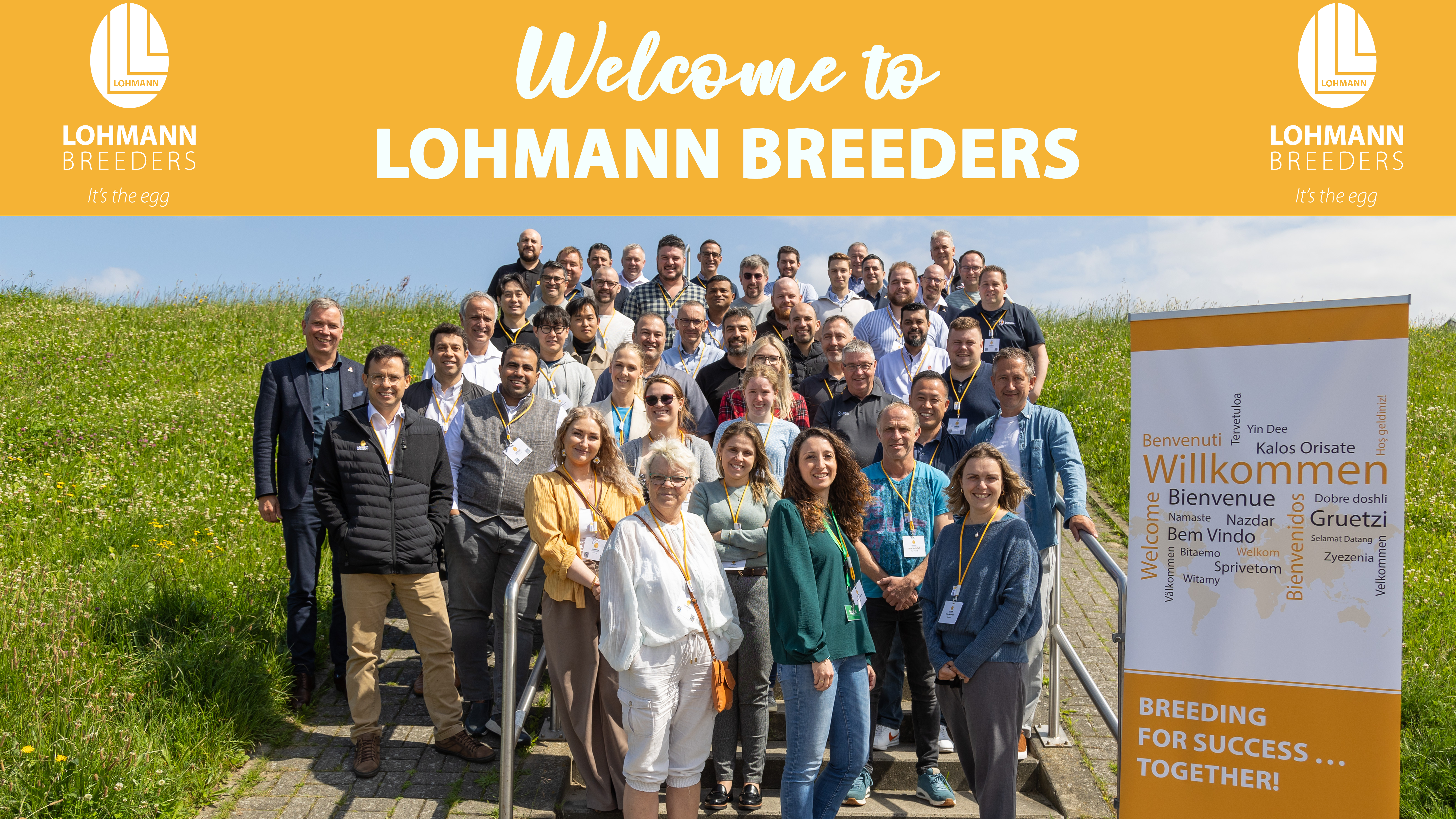EDITORIAL

The advances in poultry egg and meat production are based on specialized layer and broiler breeds, which show higher efficiency within the respective production chain. The specialized breeds not only show higher production but also better use of natural resources and reduced damaging emissions.
With regard of the negative economic and environmental effects of raising male chicks of layer lines for meat production killing of the hatched male chicks has been generally accepted for decades, provided the application of adequate methods. There exists a paragraph in the German law for animal welfare which regulates killing of animals in general.
According to this law no animal should be killed without “reasonable ground”. Economic and environmental aspects have been accepted as “reasonable cause” for killing the males of layer lines for a long time.
There is, however, a change in the perception of welfare, and the ethical concerns are taking a more important position than economic and environmental aspects.
On this basis the German government has announced a ban of killing of day-old chicks. Since other countries may also consider legal acts on the treatment of males of layer lines there is extensive research on in-ovo gender sorting as a more economic and environmental-friendly alternative to raising males of layer lines, or using dual-purpose lines (see Damme et al. 2015; https://lohmann-breeders.com/media/2020/06/2015-LOHMANN-dual.pdf. The article of R. Preisinger provides an insight on the state of art of in-ovo gender sorting worldwide.
